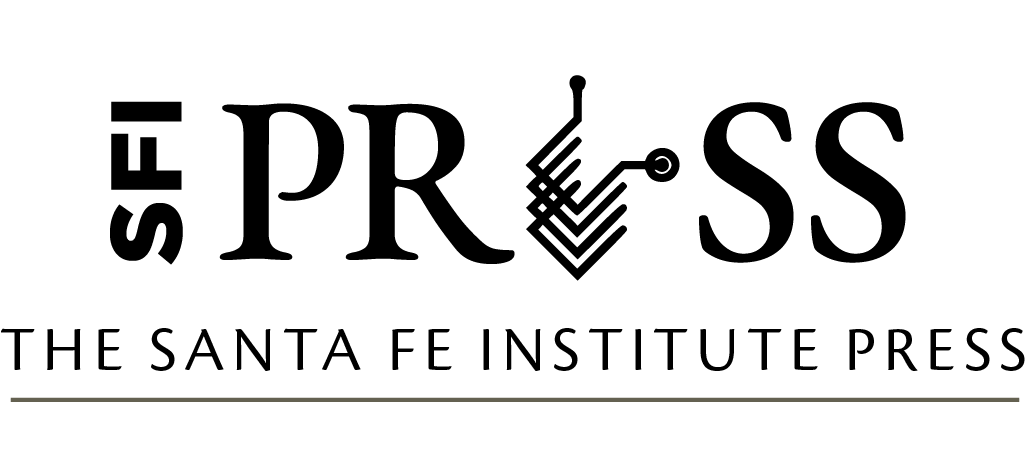Foundational Papers in Complexity Science pp. 2733–2793
DOI: 10.37911/9781947864559.86
Sam Bowles on Endogenous Preferences
Author: Rajiv Sethi, Columbia University; Santa Fe Institute
Excerpt
In May 2021, the Governor of Ohio announced the launch of the state’s Vax-a-Million initiative, under which any adult resident who had received at least one dose of a COVID-19 vaccine could enter a weekly lottery with a million-dollar prize. Youth aged twelve to seventeen could also enter the lottery and stood to win a full scholarship to a state school. There were five winners in each category over the course of the program, at a total cost to the state of $5.6 million. Similar initiatives were adopted in other states and in countries worldwide, often involving fixed payments to each vaccinated adult rather than lotteries.
Attempts to influence individual choices by offering financial incentives—conditional cash transfers or conditional cash lotteries— have become increasingly common. They have been used to influence a variety of behaviors and outcomes, including school attendance, academic achievement, smoking cessation, and regular exercise (Bastagli et al. 2019; Gneezy, Meier, and Rey-Biel 2011).
Sometimes the incentives work as anticipated, sometimes they fail to do so, and on occasion they backfire. Even in the case of Ohio’s conditional cash lottery, there is some dispute about effectiveness: Barber and West (2022) and Brehm, Brehm, and Saavedra (2022) found the program to have significant benefits in boosting vaccination rates and lowering hospital admissions, while Lang, Esbenshade, and Willer (2023) found negligible and possibly even negative effects. Similarly, modest cash payments were found to be effective in raising vaccination rates in Sweden (Campos-Mercade et al. 2021), but a randomized controlled trial in the United States found negative effects for vaccine-hesitant individuals (Chang et al. 2021).
Bibliography
Barber, A., and J. West. 2022. “Conditional Cash Lotteries Increase COVID-19 Vaccination Rates.” Journal of Health Economics 81:102578. https://doi.org/10.1016/j.jhealeco.2021.102578.
Bastagli, F., J. Hagen-Zanker, L. Harman, V. Barca, G. Sturge, and T. Schmidt. 2019. “The Impact of Cash Transfers: A Review of the Evidence from Low- and Middle-Income Countries.” Journal of Social Policy 48 (3): 569–594. https://doi.org/10.1017/S0047279418000715.
Bowles, S. 1998. “Endogenous Preferences: The Cultural Consequences of Markets and Other Economic Institutions.” Journal of Economic Literature 36 (1): 75–111. https://www.jstor.org/stable/2564952.
Brehm, M. E., P. A. Brehm, and M. Saavedra. 2022. “The Ohio Vaccine Lottery and Starting Vaccination Rates.” American Journal of Health Economics 8 (3). https://doi.org/10.1086/718512.
Campos-Mercade, P., A. N. Meier, F. H. Schneider, S. Meier, D. Pope, and E. Wengström. 2021. “Monetary Incentives Increase COVID-19 Vaccinations.” Science 374 (6569): 879–882. https://doi.org/10.1126/science.abm0475.
Chang, T., M. Jacobson, M. Shah, R. Pramanik, and S. B. Shah. 2021. Financial Incentives and Other Nudges Do Not Increase COVID-19 Vaccinations Among the Vaccine Hesitant. Working Paper w29403. National Bureau of Economic Research. https://doi.org/10.3386/w29403.
Gneezy, U., S. Meier, and P. Rey-Biel. 2011. “When and Why Incentives (Don't) Work to Modify Behavior.” Journal of Economic Perspectives 25 (4): 191–210. https://doi.org/10.1257/jep.25.4.191.
Gneezy, U., and A. Rustichini. 2000a. “A Fine Is a Price.” Journal of Legal Studies 29 (1): 1–17.
— . 2000b. “Pay Enough or Don't Pay at All.” Quarterly Journal of Economics 115 (3): 791–810.
Henrich, J., R. Boyd, S. Bowles, C. Camerer, E. Fehr, H. Gintis, and R. McElreath. 2001. “In Search of Homo Economicus: Behavioral Experiments in 15 Small-Scale Societies.” American Economic Review 91 (2): 73–78.
Hirschman, A. O. 1977. The Passions andthe Interests: Political Arguments for Capitalism Before Its Triumph. Princeton, NJ: Princeton University Press.
Lang, D., L. Esbenshade, and R. Willer. 2023. “Did Ohio's Vaccine Lottery Increase Vaccination? A Pre- Registered, Synthetic Control Study.” Journal of Experimental Political Science, https://doi.org/10.1017/XPS.2021.32.
Montesquieu, C. [1748]1989. The Spirit of the Laws. Translated by A. M. Cohler, B. C. Miller, and H. S. Stone. Cambridge University Press.
Ostrom, E. 1990. Governing the Commons: The Evolution of Institutions for Collective Action. Cambridge, UK: Cambridge University Press.
Sethi, R., and E. Somanathan. 1996. “The Evolution of Social Norms in Common Property Resource Use.” American Economic Review 86 (4): 766–88. http://www.jstor.org/stable/2118304.
